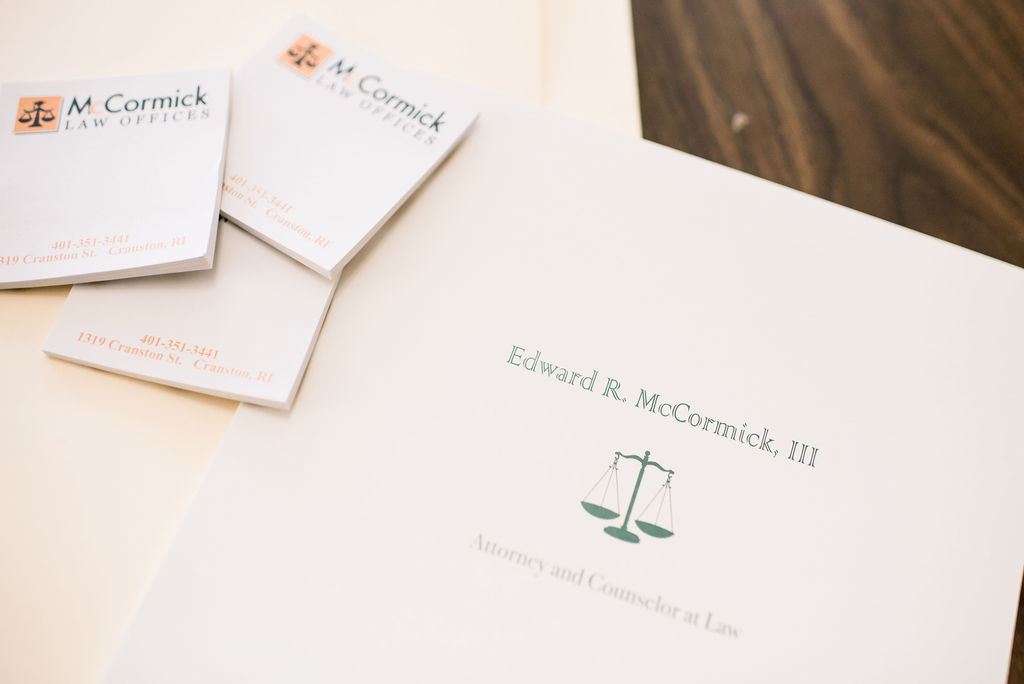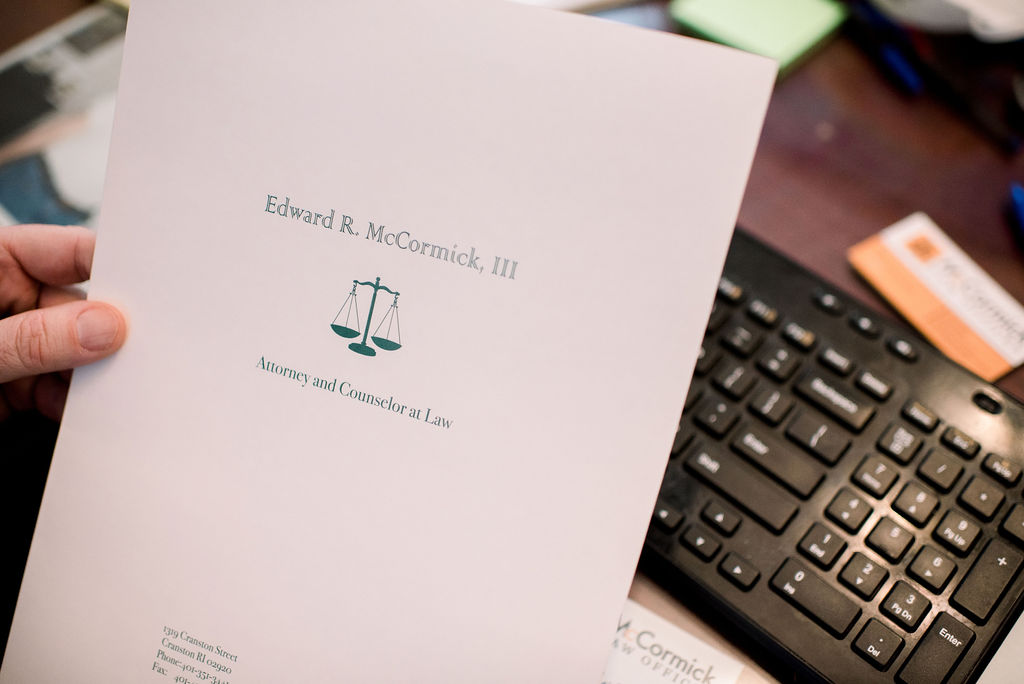Probate, a legal process that involves settling the affairs of a deceased person, can be a complex and overwhelming experience. In Rhode Island, the probate process is subject to specific requirements and procedures. This guide will provide an overview of the probate process, focusing on the unique aspects of Rhode Island law, but it does not constitute legal advice.
Types of Probate in Rhode Island
Rhode Island recognizes two primary types of probate:
Formal Probate:
This is the more complex process often required for larger or more complicated estates. It involves a formal court proceeding where the executor or administrator must file detailed paperwork and provide notice to all interested parties.
Informal Probate:
This is a simpler process that can be used for smaller estates with fewer assets. It generally involves less paperwork and court involvement. However, it may still require the appointment of an executor or administrator.
The Role of the Executor or Administrator
An executor or administrator is a designated individual responsible for overseeing the probate process. Their duties include:
- Identifying and Gathering Assets: This involves locating all property, bank accounts, investments, and other assets belonging to the deceased.
- Paying Debts and Taxes: The executor or administrator must settle all outstanding debts and taxes owed by the deceased.
- Distributing the Estate: The remaining assets are then distributed to the beneficiaries according to the terms of the will or the state’s intestacy laws.
The Rhode Island Probate Court
The Rhode Island Probate Court has jurisdiction over probate matters. This court handles cases involving wills, trusts, and the administration of estates. The court ensures that the probate process is conducted fairly and in accordance with the law.
Conclusion
Navigating the probate process in Rhode Island can be challenging, but understanding the key steps and requirements can help alleviate stress. The experienced probate attorneys at McCormick Law Offices are dedicated to guiding clients through this complex process. Our team can provide expert advice, handle necessary paperwork, and represent your interests in court. Contact us today to schedule a consultation.







